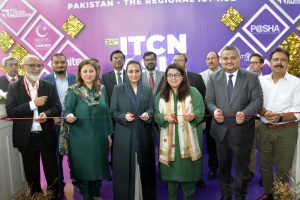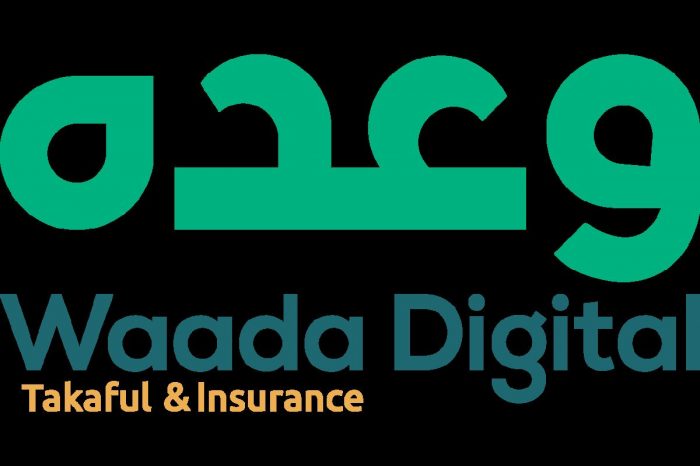Pakistan Seeks to Double IT Industry in Two Years With Tech Zones

After missing the technological boom that helped countries such as India and the Philippines become back-end operators in the world, Pakistan hopes to double its IT industry within two years by establishing dedicated technology zones across the country.
A dozen of these areas will be opened next year, said Amer Hashmi, the head of the government agency responsible for developing the technology zone. It provides these regions with a 10-year exemption from corporate tax and imports of any necessary construction equipment or supplies and provides a “catapult push ” for Pakistan’s IT industry, whose size may double to US$6,000 in two years.
Pakistan relies on the new technology zone to create employment opportunities for the vast number of young people: nearly two-thirds of the population is under 30. According to the online employment index of the Oxford Internet Institute, it is already home to the world’s third-largest concert economy after India and Bangladesh.
During the coronavirus pandemic, a large amount of foreign capital poured into start-ups ranging from financial technology to e-commerce, which also created a demand for specialized areas to serve these industries.
The initiative first appeared after Prime Minister Imran Khan sought an answer at a meeting last year. Based on his experience as an entrepreneur, Hashmi told the Prime Minister that this South Asian country lacks a technological ecosystem or a favorable environment.
Hashmi left her job at International Business Machines Corporation. In Canada, he moved back to Pakistan to start a technology company, had to deal with people asking for bribes, and faced delays in establishing his own fiber-optic network and data center.
He said that the new field will not have such problems and will be a plug-and-play model. “How did you get Google, Microsoft, or Amazon? You attract them, and you have to give them special rewards for that. That’s good, I think we may be the last people in the region to give rewards,” Hashmi, current chairman of the Special Administrative Region Authority Said in an interview.
“Dubai Internet City gave them. They stay in all the big companies.” Pakistan, where funding is tight, has tried many times in the past to start similar projects. In 2006, he planned to spend $1 billion to build dozens of software parks, although this effort failed.
This time, the government’s efforts will involve attracting global investment to ensure the smooth launch of the project.








